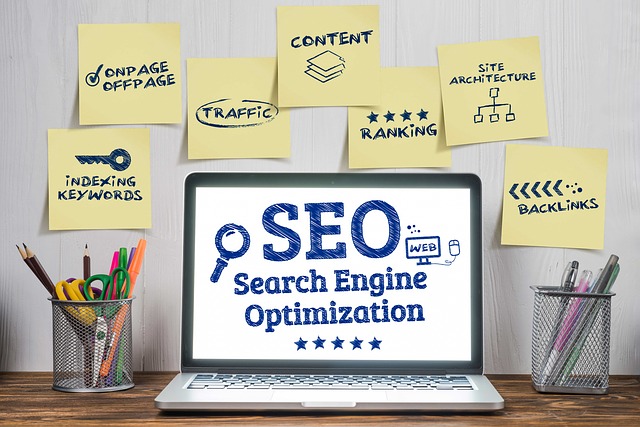WHAT is search engine marketing?
SEM is the abbreviation of Search Engine Marketing. SEM is divided into 2 large subcategories.
- SEO (Search Engine Optimization)
- SEA (Search Engine Advertising)
SEO, or Search Engine Optimization, is the optimization of the presence of websites in organic search results. Under SEA one understands the announcement in search engines such as Google or Bing, or the display in social media portals such as Facebook and Twitter.
WHAT is search engine marketing?
SEM is the abbreviation of Search Engine Marketing. SEM is divided into 2 large subcategories.
- SEO (Search Engine Optimization)
- SEA (Search Engine Advertising)
SEO, or Search Engine Optimization, is the optimization of the presence of websites in organic search results. Under SEA one understands the announcement in search engines such as Google or Bing, or the display in social media portals such as Facebook and Twitter.
WHY – Search engine marketing?
Every company relies on customer visits and above all on customers who buy or sell the offered product or service. The better you work in the SEO and SEA area, the less the investment loss is lower. A badly optimized website will bring you only wrong visitors and poorly-optimized ads will become a burning stove. Therefore, it is important to determine the current state of the site, to define the objectives and then to start working in SEO / SEA. So, many smaller targets (micro targets), such as subscribing to newsletters, viewing a video explanation, etc., usually lead the user to their final destinations (macro targets), such as purchasing a product or use of a service.
HOW – do you come to the right users?
That’s the question that most experts and companies face every day. The How begins with the first question: for which visitor is my offer on the website interesting. In order to get a clear picture of your customer you need above all experience and time to collect this data. The most important questions to define your customers are:
- Entrepreneur or private customer
- Age & gender
- Income, standard of living
- Place of residence
- Low-cost buyers, supply buyers, brand buyers, etc.
- etc.
HOW – do you come to the right users?
That’s the question that most experts and companies face every day. The How begins with the first question: for which visitor is my offer on the website interesting. In order to get a clear picture of your customer you need above all experience and time to collect this data. The most important questions to define your customers are:
- Entrepreneur or private customer
- Age & gender
- Income, standard of living
- Place of residence
- Low-cost buyers, supply buyers, brand buyers, etc.
- etc.






